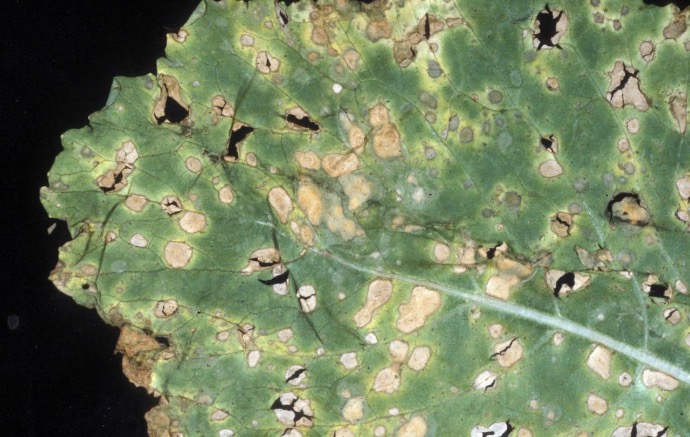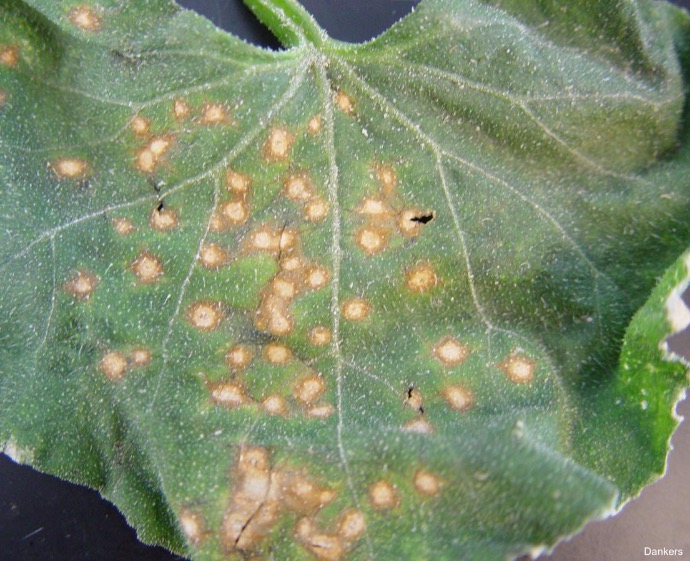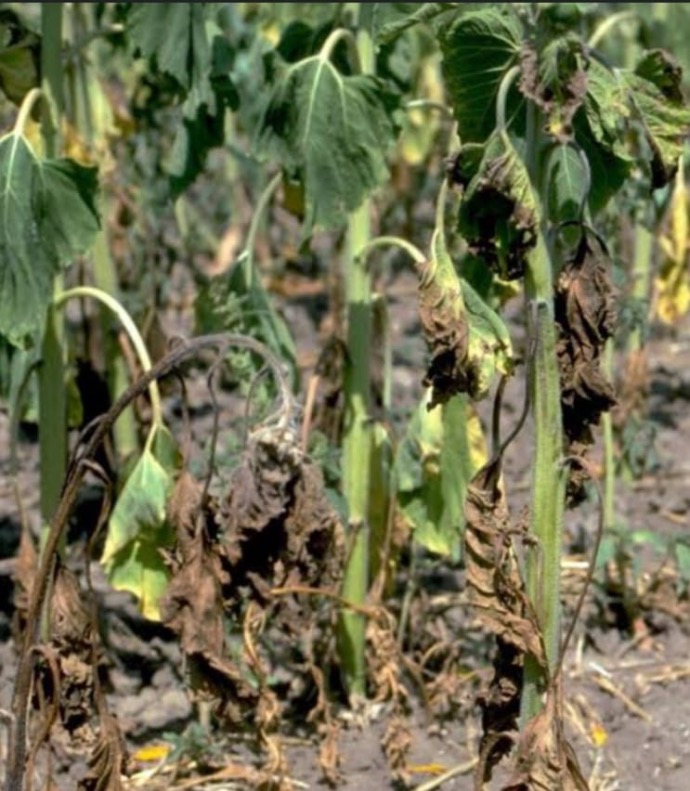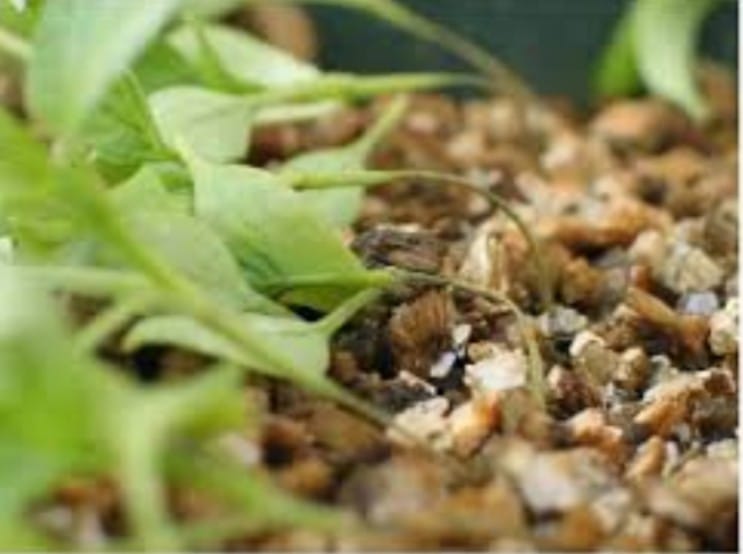Radicchio
Radicchio is an annual, 12-24 inches tall, and frost-tolerant. It prefers well-drained, fertile soil in full sun to partial shade. Keep the soil moist. Radicchio is both edible and has medicinal properties.
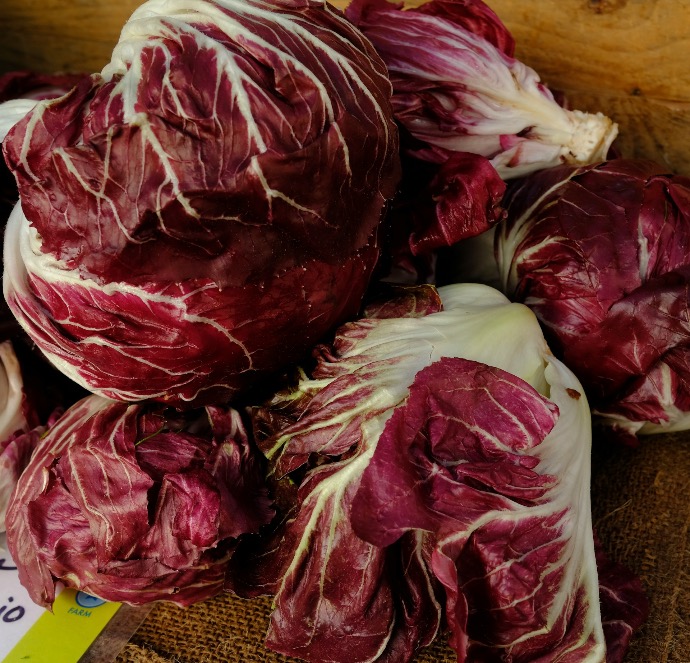
Habit
Annual
Height
0.3 to 0.5 m
Growth
slow
Soil
Well-drained, Loamy
Shade
Full Sun to partial shade
Moisture
Moist
Edible
Yes
Medicinal
No
Origin
Europe, Asia
Climatic Condition
Temperate, Subtropical
Temperature (°)
15°C to 20°C
Humidity (%)
50% to 60%
Potting media
50% Loam, 40% Sand, 10% Organic Matter
Fertilizers
Organic Fertilizer
Watering
Regular watering
Plant Weight
0.2 to 0.3 kg
Flowering Time
Fall to Winter
Soil Ph level
6.0 to 7.0
Water Ph level
6.0 to 7.5
Soil EC
0.5 to 0.7 mS/cm
Yield Per Plant
800 - 1,300 cartons/plant
NPK ratio
10:10:10
life Span
1 to 2 years
Health Benefits
Medicinal, Nutrient-rich
Suggested Grow Media or Potting Mix ?
50% loam, 25% compost, 25% sand
Suggested Fertigation/Fertilizers
Fertilize every 4 weeks with a balanced fertilizer.
Common Diseases and Remedies
Anthracnose, damping off , wilt
dark, sunken spots appear on leaves
Crop rotation, neem oil
HEALTH BENEFITS
· High in antioxidants, supporting liver health
· Aids digestion and promotes gut health
· Helps regulate blood sugar levels
What Is A Radicchio ?
Radicchio is a leafy chicory with dark red-purple leaves and white veins. Also known as Italian chicory or Cichorium intivus.

What Are The Different types of radicchio?
1.Chioggia:-
The most common type of radicchio in the United States has a soft ball size, narrow, round head, and dark purplish-wine red leaves. , has a cream color. - Colored ribs.
2.Treviso Radicchio:-
A gentle radicchio variety with long delicate magenta leaves, creamy white veins and a delicate wrinkled texture. It has a slightly bitter but nutty flavor that becomes milder when grilled, roasted, or slow cooked.
3.Castelfranco:-
Known for its distinctive mottled leaves. It has a distinctive creamy white and variegated appearance and is shaped like an open rose.
4.Belgian Endive:-
The red variety of Belgian endive is known as red endive or radicchio. Radicchio is the same species as Belgian endive, but the leaves are red or variegated.
5.Puntarelle:-
A type of chicory often used in Italian cuisine. The leaves form compact heads similar to romaine lettuce. The leaves are elongated with wavy, serrated margins and a characteristic light green color.

How do you care for radicchio?
1.Location:-
To prevent radicchio from becoming bitter, give the plant 1 to 1.5 inches of water weekly.
2.Sunlight:-
Radicchio requires 4 to 6 hours of sunlight per day.
3.Soil:-
Radicchio can grow in a variety of soil types, including sand, clay, and loose fertile loam. For best results, radicchio should be planted in well-drained, nutrient-rich soil with a pH of 6.5 or higher.
4.Hydration:-
Radicchio is mostly composed of water, or 93%.

5.Nourishment:-
Low in calories and sodium, high in vitamin K.
6.Issues:-
Easily gets damaged by harsh weather conditions.
What are the benefits of the radicchio plant?
contains many nutrients such as vitamins, minerals, antioxidants, and fiber. promotes heart health and supports the immune system. Digestion is an excellent source of fiber, which helps improve digestion and lower cholesterol levels. Blood Clotting helps promote healthy bones and blood clotting. Cell Growth.

FAQ's About Growing Radicchio Plants
1. Is radicchio difficult to grow?
Most gardeners find radicchio easy to grow.
2. How do you grow and care for radicchio?
Keep the soil moist but not oversaturated. Radicchio requires consistent water throughout the growing season. 1 to 1.5 inches of water per week is ideal. ... Add a 2-3 inch layer of organic mulch. ... Fertilize after 4 weeks. ...
3. How long do radicchio seeds last?
5 years
4. How do I know when my radicchio is ready?
It takes about 14 to 16 weeks from sowing to harvest. You'll know your plant is ready for harvest when firm heads form, a reddish-purple color somewhat reminiscent of cabbage.
5. Is radicchio seasonal?
Radicchio is a type of chicory that grows on bitter leaf heads. It belongs to the Asteraceae family, not the Cabbage family. Radicchio is in season from October to January.
